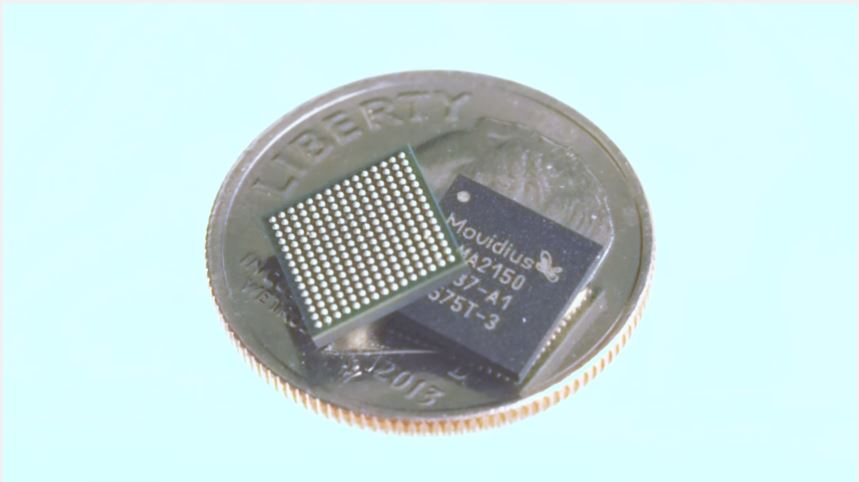The future of mobile technology is on the brink of a transformative shift, thanks to the collaboration between Google and Movidius. This partnership centers around the Myriad 2 family of Vision Processing Units (VPUs), which promises to infuse advanced computer vision capabilities into next-generation devices. As we delve deeper into the implications of this alliance, we can envision a landscape where technology is not just smart but intuitively responsive to our surroundings.
Understanding the Myriad 2 VPUs
The Myriad 2 family, which includes the MA2150 and MA2450 chips, boasts an impressive 12-core structure that specializes in low-power, high-efficiency computer vision processing. This capability is pivotal as mobile devices increasingly rely on energy-efficient components to deliver sophisticated computational powers without compromising battery life. As indicated by Remi El-Ouazzane, CEO of Movidius, these chips can provide a staggering 10 to 100 times power savings compared to existing models, making them ideal candidates for deployment in various mobile technologies.
The Role of Machine Learning
At the heart of this technological leap is machine learning—the field where algorithms not only process data but also evolve their understanding over time. By combining machine learning with computer vision, the Myriad 2 chips take a substantial step toward allowing devices to ‘see’ and interpret the world in a way that mimics human cognitive abilities. For instance, a smartphone equipped with a Myriad chip could efficiently analyze images, recognizing and categorizing objects in real-time without needing a constant connection to cloud infrastructure.
Real-World Applications
Imagine the possibilities: a camera app that not only captures images but also analyzes scenes in real-time to suggest the best filters or adjustments based on the content. Or consider augmented reality applications that interact seamlessly with the physical world by recognizing contextual elements around the user. The rich potential of computer vision paired with machine learning lays the groundwork for a variety of applications.
Challenges in Computer Vision
However, achieving this level of understanding is no small feat. Human beings can effortlessly interpret complex symbols and abstract images, while programming computers to reach that same level of understanding presents significant challenges. These Myriad chips aim to bridge that gap by enabling complex image processing directly on devices, reducing latency, and enhancing user experience.
The Future Landscape of Mobile Devices
While Google and Movidius have yet to disclose the specific mobile devices that will utilize these innovative chips, the potential is enormous. With the ability to perform advanced cognitive tasks, we may soon see a new wave of smartphones, tablets, and other gadgets that revolutionize how we interact with technology. Charina Choi from Google emphasizes the transformative power of low-latency and localized processing capabilities. This insight points to a future where devices can operate more independently and provide instantaneous responses, thereby enriching user interactions.
Conclusion: A New Era of Intelligent Devices
In conclusion, the collaboration between Google and Movidius marks a significant advance in the burgeoning field of computer vision. By integrating the Myriad 2 chips into mobile technology, this partnership promises to usher in a new era of intelligent devices that learn and adapt in real-time to their environments. As we move forward, we must remain excited about the possibilities that such innovations will bring, enhancing and redefining our relationship with technology.
At fxis.ai, we believe that such advancements are crucial for the future of AI, as they enable more comprehensive and effective solutions. Our team is continually exploring new methodologies to push the envelope in artificial intelligence, ensuring that our clients benefit from the latest technological innovations. For more insights, updates, or to collaborate on AI development projects, stay connected with fxis.ai.

